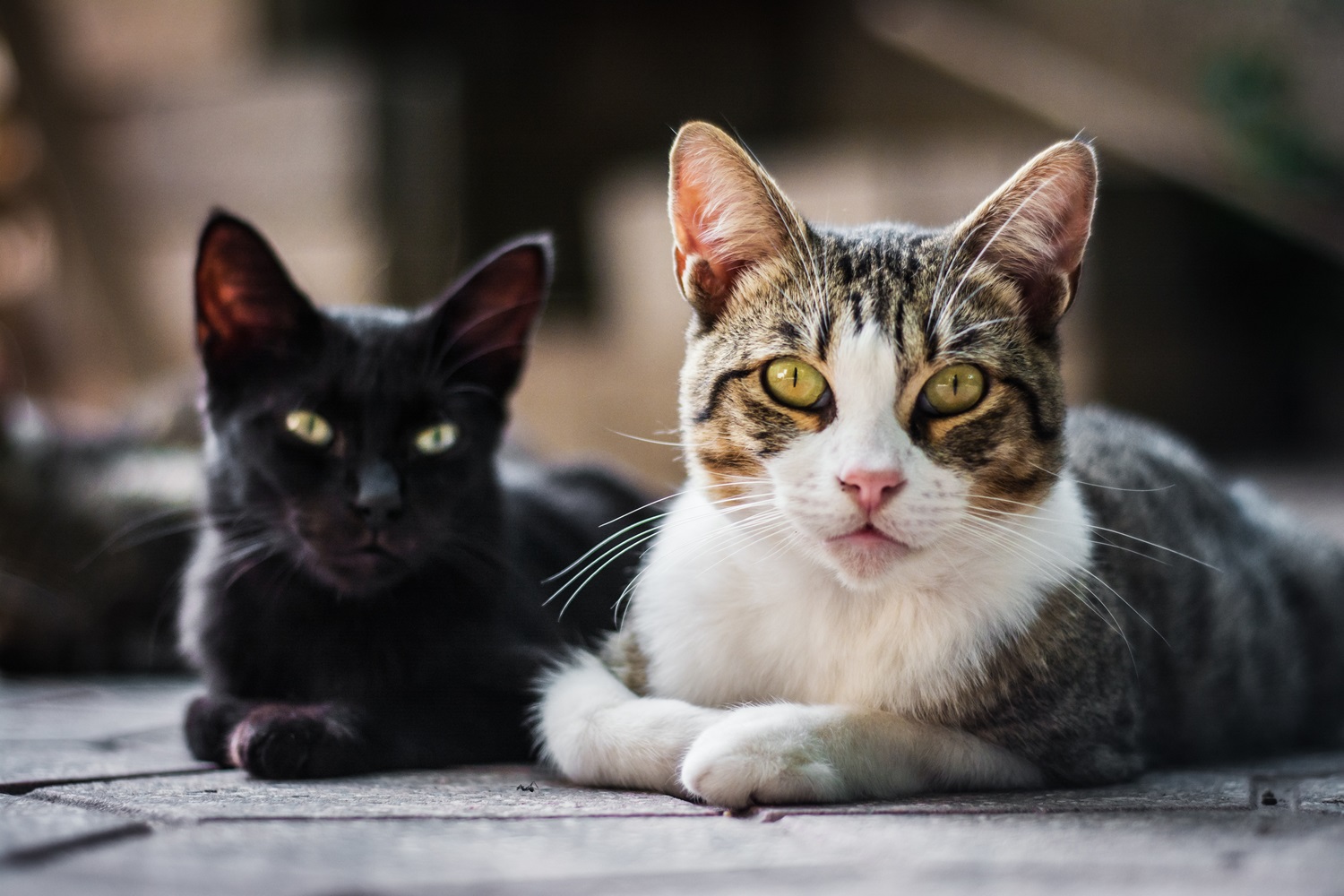Domestic cats (Felis catus), one of the most beloved and widespread pets globally, are descendants of the African wildcat (Felis silvestris lybica). Over centuries, they have transitioned from hunters in agrarian societies to cherished companions in urban homes. This article explores the history, biology, behavior, and care of domestic cats, shedding light on why they hold a special place in human lives.
History and Domestication
Cats were first domesticated around 9,000 years ago in the Fertile Crescent, where their hunting skills proved invaluable in controlling rodents that threatened stored grains. Unlike dogs, which were selectively bred for specific tasks, cats largely self-domesticated, adapting to human environments while retaining much of their independence【61†source】【63†source】.
The ancient Egyptians revered cats, associating them with divinity, particularly the goddess Bastet. They were later spread across the globe via trade routes, solidifying their role as both pest controllers and companions.
Biology and Characteristics
Physical Attributes
- Size and Build: Domestic cats typically weigh between 8–12 pounds and are known for their agility, sharp claws, and retractable claws.
- Senses: Cats possess extraordinary night vision, sensitive whiskers for spatial awareness, and an acute sense of hearing capable of detecting high-frequency sounds.
Unique Traits
- Purring: Cats purr as a form of communication and self-soothing.
- Coat Variety: Domestic cats come in diverse colors and patterns, ranging from solid and tabby to tortoiseshell and calico.
Behavior and Personality
Cats are renowned for their independence and adaptability, which allows them to thrive in various environments. Their behaviors include:
- Hunting Instincts: Even well-fed domestic cats often exhibit stalking and pouncing behaviors.
- Social Bonds: While seen as solitary, many cats form strong attachments to their owners and even other pets.
- Communication: Cats communicate through vocalizations (meowing, purring), body language (tail position), and scent marking【63†source】.
Caring for Domestic Cats
Nutrition
Cats are obligate carnivores requiring a diet rich in animal protein. High-quality commercial cat food or a vet-approved homemade diet ensures they receive essential nutrients like taurine.
Health
Routine vet visits, vaccinations, and preventative care (e.g., flea and worm treatments) are crucial. Common health concerns include dental disease, obesity, and urinary tract issues.
Enrichment
Interactive toys, climbing structures, and scratching posts are essential for mental and physical stimulation. Indoor cats particularly benefit from regular play to mimic natural hunting behaviors.
Cats in Modern Society
Cats hold a unique status as both working animals and pets. They contribute to mental well-being, reduce stress, and offer companionship to millions worldwide. Their popularity has surged with their representation in digital culture, making them icons of the internet era.
Domestic cats are more than just pets; they are companions with a rich history and complex behaviors that captivate humans. Whether as rodent controllers, internet stars, or beloved family members, their influence on human life remains profound.
For those considering adopting a cat, understanding their needs and traits ensures a rewarding and lifelong bond.

